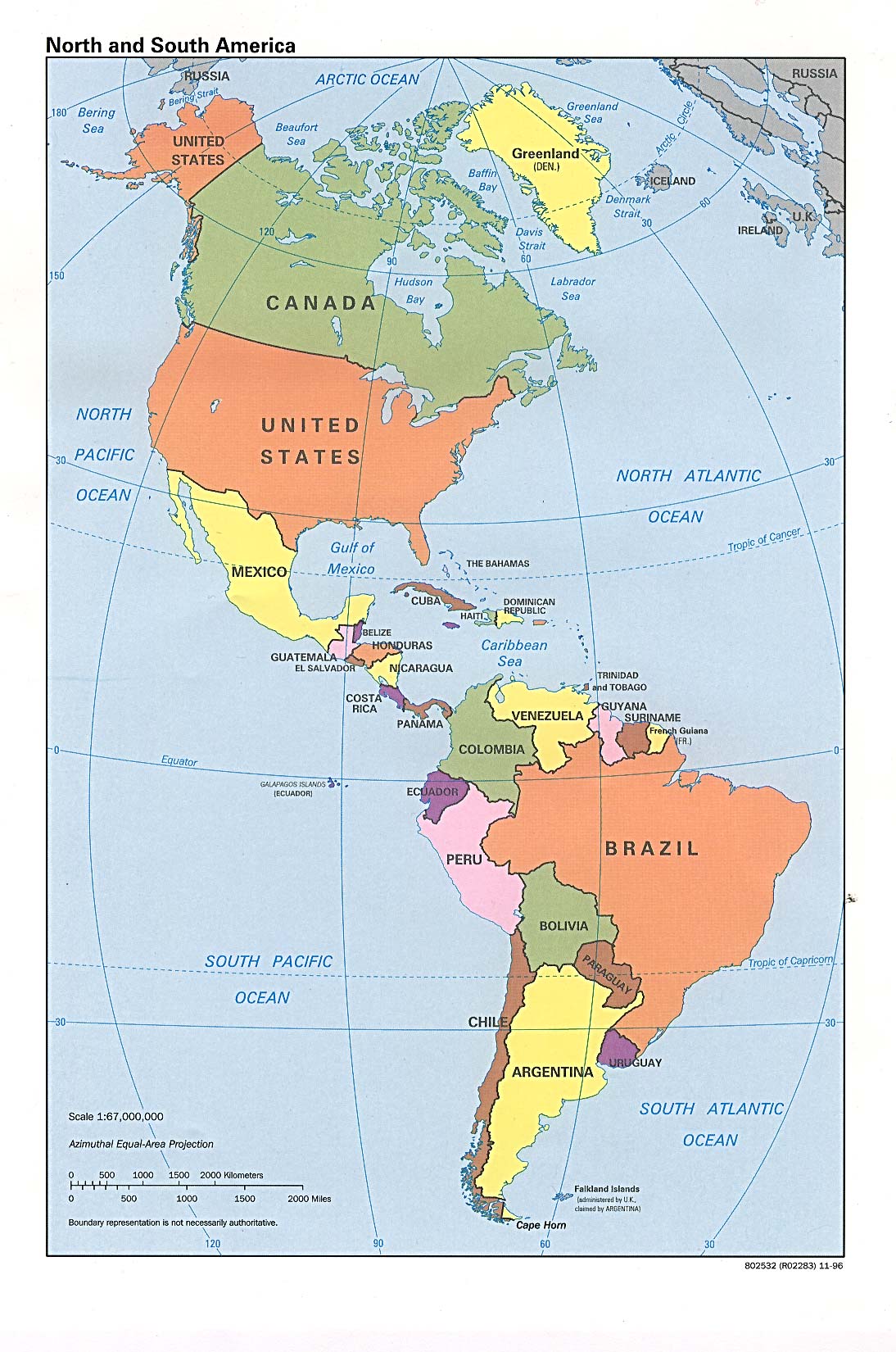Upon arriving in my room in El Carmen, Perú, without undressing, I crashed on the bed. The next morning, I woke up in a lot of pain. Fortunately, someone heard me moaning and groaning and called the local medical clinic. They didn't have the equipment to deal with my illness so they took me to a hospital in the city of Chincha Alta, 30 minutes away.
Here is the catch about receiving medical treatment away from a big city in Perú and most Latin American countries; somebody has to pay cash up front; no debit or credit cards. My friends didn't have the money, so the hospital staff had them wake me up while I'm totally incapacitated demanding “plata” (cash money). Fortunately, unlike in the US, medical treatment in Latin America is not expensive so I managed to swing some cash asking for a receipt in order to later file a claim with my travel insurance company to get reimbursed.
The next day, it was determined that I needed more professional treatment, but first, the hospital contacted the American Embassy, which is policy when an American citizen is hospitalized in their country. The American Embassy got in touch with my travel insurance company, and arranged for me to be transported by ambulance to Lima, the capital city, which was a little over two hours away.
Before, the ambulance could take me, however; I had to come up with another 100 nueva soles in cash (about $33.00, still barely a fraction of US cost), but I didn't have that much cash on my person. It was a good thing I had friends in the community who went to an ATM for me to withdraw cash. Yes, I had to give up my pin number! I would not have been surprised if they took out more than needed. Fortunately, I didn't seem to miss anything.
As I plan future trips to Latin America, I will certainly make sure I have adequate travel insurance as I do on all of my trips. Most importantly, I will take precautions to make sure I stay in good health while traveling, which includes being vigilant about my food and beverage intake. And finally, I will make sure I have enough cash hidden on my person in the event of the unexpected.










